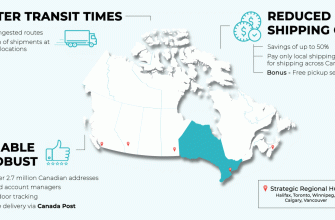Find a family doctor. This is your primary point of contact for most healthcare needs. Many provinces offer online search tools to locate doctors accepting new patients.
Register with your provincial health insurance plan. This provides coverage for medically necessary services. Each province has its own registration process; check your provincial government website for details. You’ll usually need your health card and proof of residency.
Book appointments directly with your doctor. For non-urgent issues, expect some wait time. Urgent needs warrant immediate attention – call your doctor or go to a walk-in clinic.
Understand referral processes. For specialists (cardiologists, dermatologists, etc.), your family doctor will usually provide a referral. This ensures coordinated care and avoids unnecessary visits.
Prepare for appointments. Bring your health card, a list of medications, and any relevant medical history. Clearly communicate your symptoms and concerns.
| Ontario | Www. ontario. ca/page/health-card |
| Quebec | Www. quebec. ca/en/health/health-insurance |
| British Columbia | Www. gov. bc. ca/health |
Utilize telehealth services. Many provinces offer virtual doctor visits for convenient access to healthcare. Check your provincial health authority website for available services.
Use emergency services responsibly. For immediate life-threatening situations, call 911 or go to the nearest emergency room.
Understand prescription coverage. Provincial plans cover most prescription drugs for seniors and other eligible groups. Check the details of your plan for specifics.
Be proactive about your health. Regular checkups and preventative care can significantly improve long-term health outcomes.










